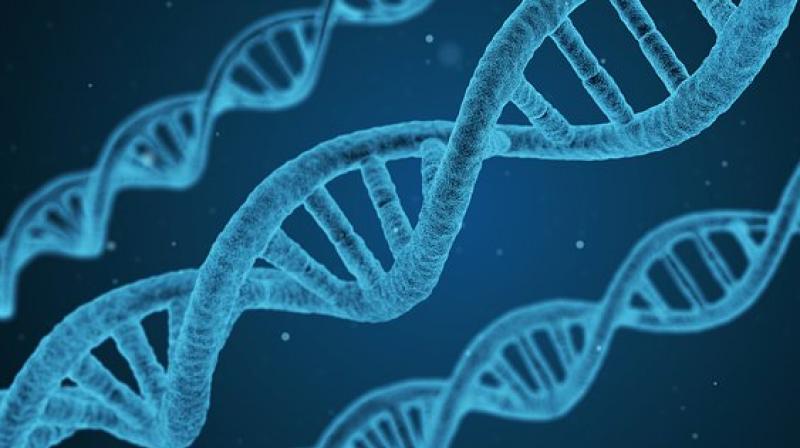Scientists discover 50 new genes that up schizophrenia risk
Some of the genes identified as increasing risk for schizophrenia have previously been associated with other neurodevelopmental disorders.

Researchers have discovered 50 new gene regions that increase the risk of developing schizophrenia.
The team at Cardiff University in the UK used state-of-the-art information about brain development to accurately pinpoint new genes and biological pathways implicated in this disorder.
The study, published in the journal Nature Genetics, examined genetic data in 100,000 individuals including 40,000 people with a diagnosis of schizophrenia, researchers said.
They also found that some of the genes identified as increasing risk for schizophrenia have previously been associated with other neurodevelopmental disorders, including intellectual disability and autism spectrum disorders.
“These findings are another important step on the long road to new treatments for schizophrenia and will be crucial for identifying potential new drugs, which will become an increasing focus of our work in the coming years,” said Mike Owen from Cardiff University.
Another significant and unexpected finding was that the genes linked to schizophrenia risk are mostly crucial to normal development and therefore typically do not contain harmful mutations.
This discovery will help researchers narrow down their search for the mechanisms of the disorder as these genes, commonly called ‘loss-of-function intolerant’, only account for around 15 per cent of all the genes in the human genome.
We show for the first time that genetic variants that do not severely impact gene function, but presumably have a more subtle impact on these critical genes, increase risk for developing schizophrenia,” said Antonio Pardi as, first author of the study.

